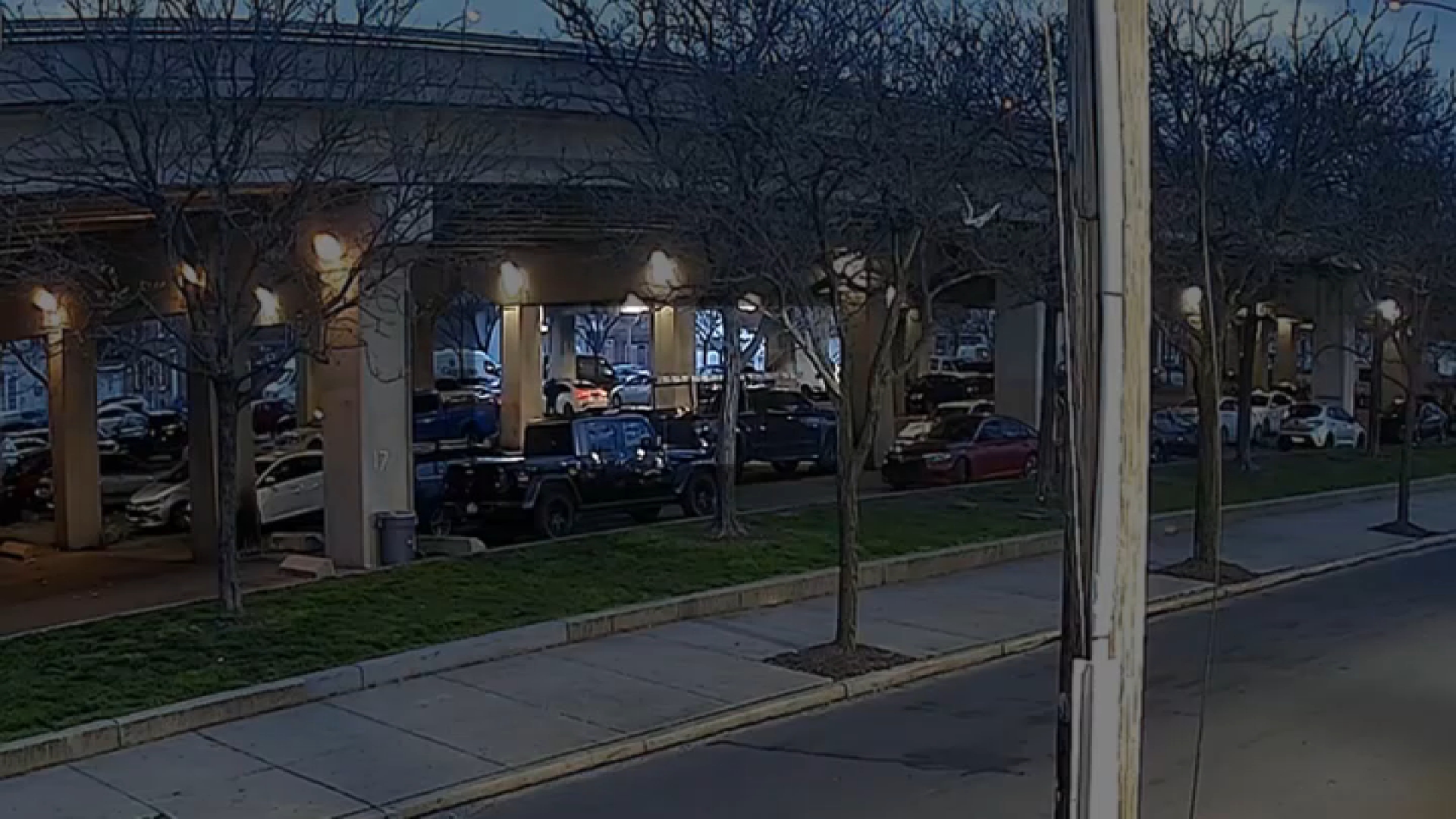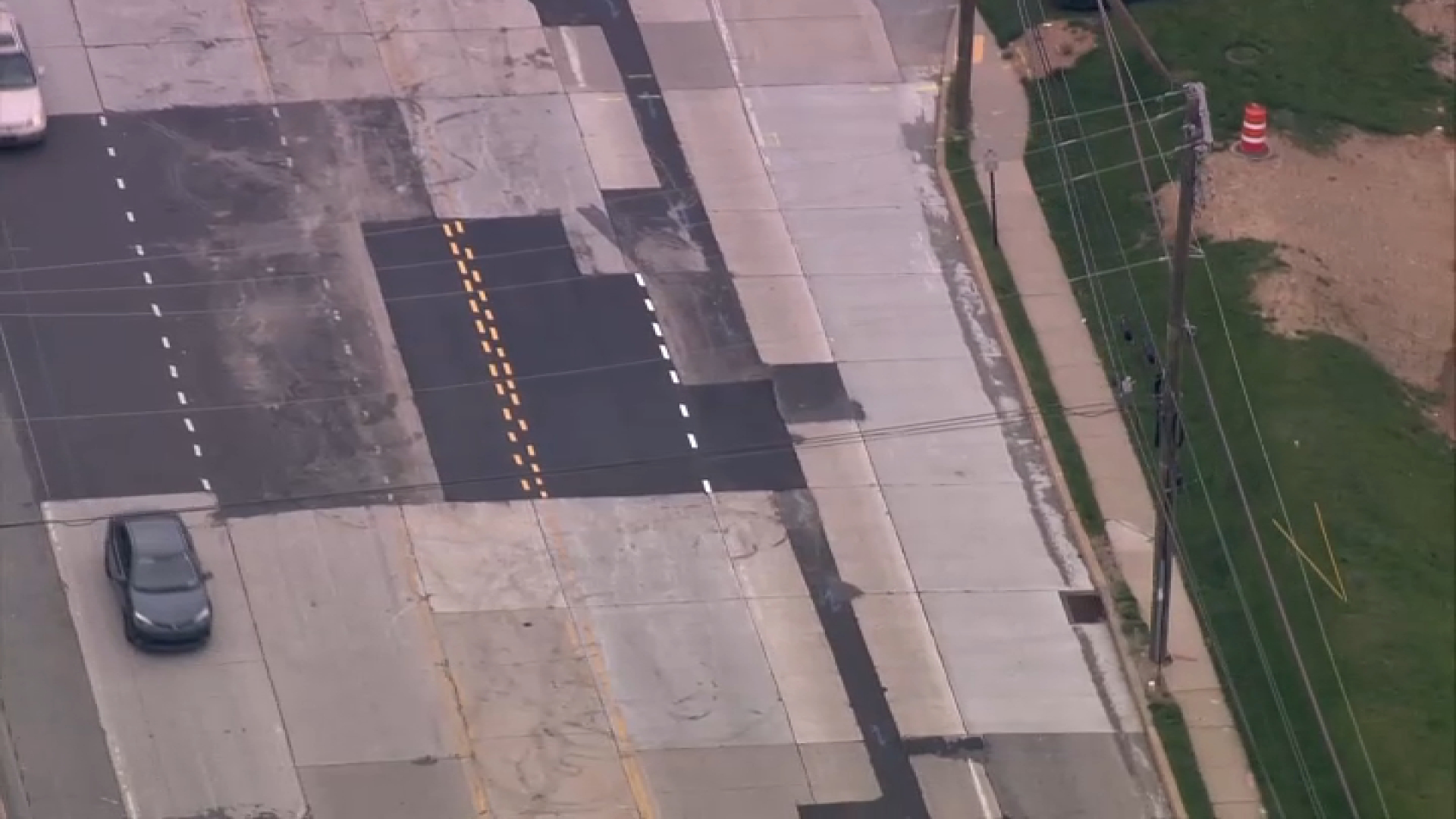What to Know
- International Brotherhood of Electrical Workers Local Union 98 plans to file in court later this week after consulting with other unions.
- In 2016, 907 people died from overdoses in Philadelphia, more than three times the number of homicides in the city.
- At least eight union members in 11 months died from opioid use.
Philadelphia-area union workers are joining a wave of litigation against opioid manufacturers after losing eight members to addiction in 11 months.
The International Brotherhood of Electrical Workers Local Union 98 (IBEW) said it is preparing to file a lawsuit against pharmaceutical companies that have contributed to the growing opioid crisis. They plan to file in civil court later this week after consulting with other local and national unions interested in joining a class action suit.
"IBEW Local 98 will no longer allow the manufacturers and marketers of these deadly drugs to peddle their poison to our members without facing severe consequences," Local 98 business manager John Dougherty said.
"I have seen far too many of our members lose their lives to opioids," Dougherty said. "It's a national epidemic and I believe the only way to get the attention of Big Pharma is to hit them in the wallet."
The fight against opioid manufacturers is also extending to local municipalities, who are waging their own wars against the deadly epidemic. Bensalem Township is bringing claims against several drug companies and their subsidiaries, including Purdue Pharma, Teva Pharmaceuticals, Cephalon, Johnson & Johnson and Endo Pharmaceuticals.
Similar litigation is already underway in Oklahoma, Ohio and Mississippi.
Local
Breaking news and the stories that matter to your neighborhood.
But in Philadelphia, construction workers are especially susceptible to injury and, as a result, often turn to opioids for rehabilitation, Dougherty said. But addiction is never far behind.
“They don't want to miss any work time, so they work through injuries, which compounds the pain and leads to the use and abuse of opioids. I'm sick of seeing our members working themselves into an early grave,” he said.
Earlier this year, Local 98 changed its opioid prescription policy in an effort to prevent addiction. Members using the union’s health care provider are now limited to five days on any opioid prescription for injury or pain management. Previously, their plan allowed for unlimited prescriptions.
"We researched it and found that for those Local 98 members who received opioid prescriptions of five days or less, the addiction rate was 10 percent. For those members who received opioid prescriptions of 10 days' duration or more, the addiction rate jumped to 25 percent,” Dougherty said. “We had to change the policy for the health and safety of our members."
But it took the union, which has more than 7,000 members, nearly two years of fighting with insurance providers before a change was made, spokesman Frank Keel said.
In 2016, 907 people died from overdoses in Philadelphia, more than three times the number of homicides in the city.
But officials project as many as 1,200 people could die from opioid-related overdoses this year, with thousands more suffering from non-deadly overdoses, according to Mayor Jim Kenney’s Task Force to Combat the Opioid Epidemic.
Often users will quickly move from powerful painkillers to heroin when they can no longer afford the legal drugs. NBC10 explored this transition and how the crisis is claiming an increasing number of lives in a special, six-month long investigation, Generation Addicted.



